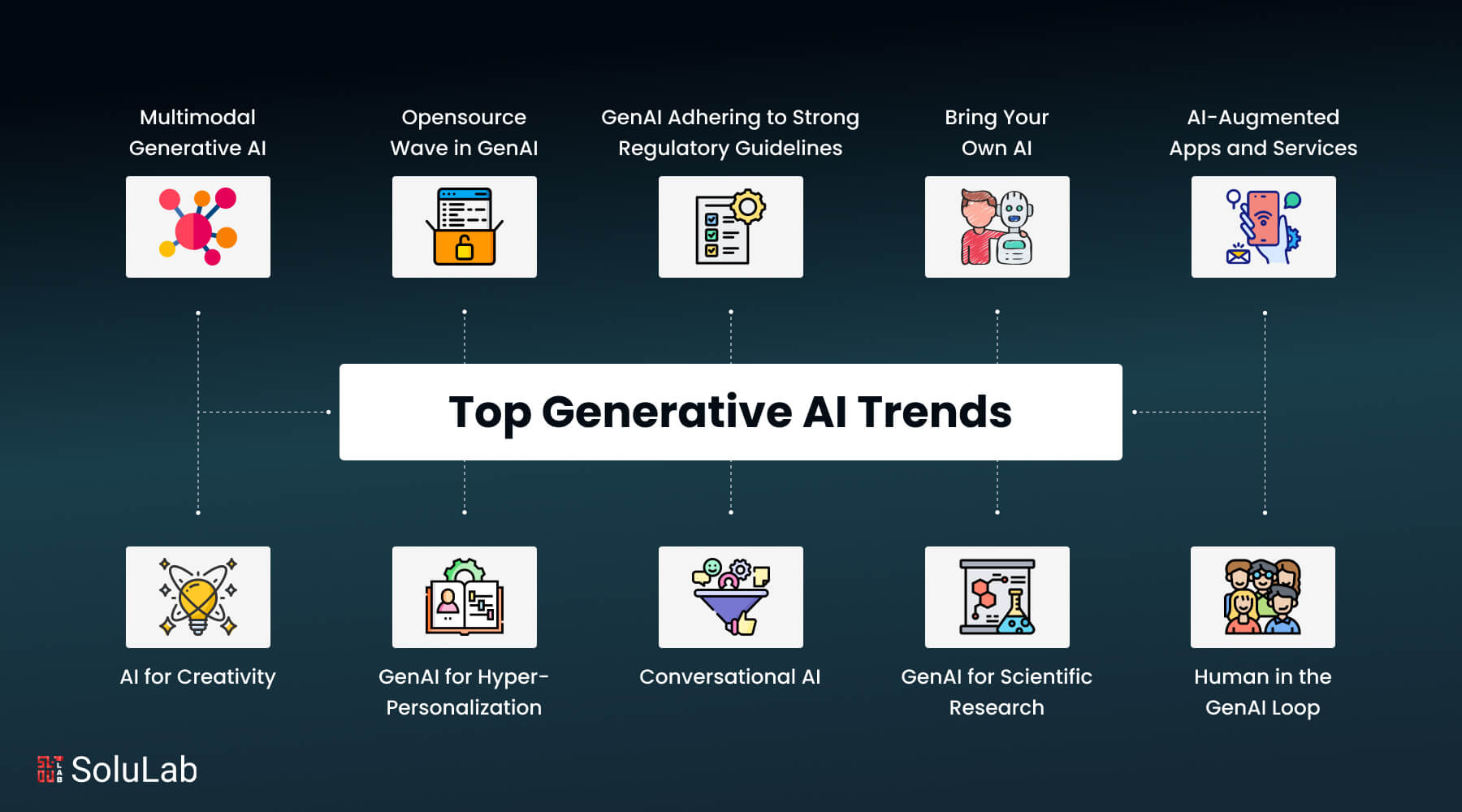Generative AI for Business Newsletter Edition #38 | by Eugina Jordan
Welcome back to the Generative AI for Business Newsletter! As we kick off the new year, let's delve into the latest trends, strategies, and innovations in the world of Generative AI for business.
Recent Developments in the Generative AI Space
We've seen significant advancements in the field of Generative AI recently. OpenAI's o3 model achieved a remarkable 75.7% on the ARC-AGI benchmark, showcasing enhanced reasoning capabilities. Meanwhile, Google introduced Gemini 2.0 Flash Thinking Experimental, focusing on advanced reasoning techniques. Writer’s Palmyra Creative model and IBM’s Granite 3.1 are setting new standards in generative content creation and multilingual support, respectively.

Telugu LLM Labs has made strides in enhancing NLP for underrepresented languages, promoting inclusivity. Anthropic's Claude 3.5 Haiku and the Model Context Protocol (MCP) aim to streamline AI integration, while DeepSeek's V3 model disrupts China's AI landscape with its massive parameters.
Insights and Analysis
In analyzing the current landscape, it's evident that certain advancements, like DeepSeek's innovations, hold significant weight within China's AI ecosystem. However, export restrictions and geopolitical barriers limit their global impact, confining the competition to the domestic market.

Marc Zao-Sanders' analysis outlines key themes for generative AI use in 2024, emphasizing content creation, technical assistance, and learning. NVIDIA's Jetson Orin Nano Super Developer Kit and Apple's AI-powered iOS 18.2 features reflect the ongoing evolution and integration of AI technologies across various sectors.
AI in Business and Financial Services
The role of AI in financial services is expanding, presenting both opportunities and challenges. The U.S. Treasury's report underscores the need for enhanced risk management and international collaboration to leverage AI effectively in the financial sector.

China's AI models, such as Alibaba's Qwen, are gaining traction globally, despite facing hardware restrictions. Meanwhile, initiatives like ASEAN's generative AI startup ecosystem showcase the region's potential for growth and innovation.
Future Trends and Considerations
As enterprises embrace agentic AI, pricing models vary, with a focus on transparency and predictability. Alibaba Cloud's price cuts and Microsoft and OpenAI's projections highlight the commercial complexities of AI development.

Looking ahead, AI's transformative potential in healthcare, cybersecurity, and business operations is set to drive significant advancements in 2025, shaping the future of AI adoption and innovation.










